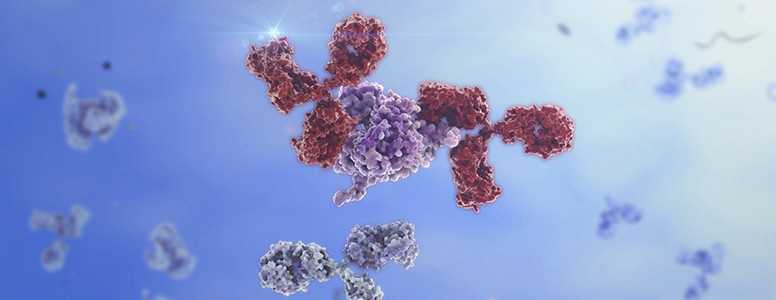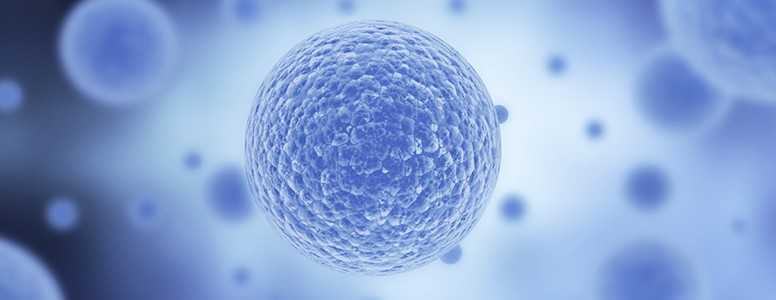An antibody that is capable of improving glucose regulation and reducing fatty liver disease could be used to treat type 2 diabetes, according to new research.
The antibody, created by researchers at the Harvard T.H. Chan School of Public Health, targets the hormone aP2 (also known as FABP4), a fatty acid binding protein which is located in adipose (fat) storing tissues.
Levels of aP2 are significantly increased among obese mice and humans and “strongly correlate with metabolic complications,” the researchers wrote. Increased adipose tissue characteristic of obesity is linked with metabolic diseases such as type 2 diabetes and cardiovascular disease.
A team led by Gokhan S. Hotamisligil and M. Furkan Burak, professors at Harvard Chan School, identified a monocolonal antibody (mAb) called CA33 that lowered fasting blood glucose, increased insulin sensitivity and lowered both fatty liver and fat mass in obese mouse models.
The antibody did not have any effect on mice that were aP2-deficient, and the researchers concluded that the findings demonstrated its target specificity.
While the research is still at an early stage, new medications could be developed to fight off type 2 diabetes if Hotamisligil’s team could identify how to modify levels of aP2. However, further studies are needed to test its safety and efficacy before clinical trials on humans begin.
“The importance of this study is two-fold – first, demonstrating the importance of aP2 as a critical hormone in abnormal glucose metabolism, and secondly, showing that aP2 can be effectively targeted to treat diabetes and potentially other immunometabolic diseases,” said Hotamisligil.
The study was published in the journal Science Translational Medicine.
What's new on the forum? ⭐️
Get our free newsletters
Stay up to date with the latest news, research and breakthroughs.





